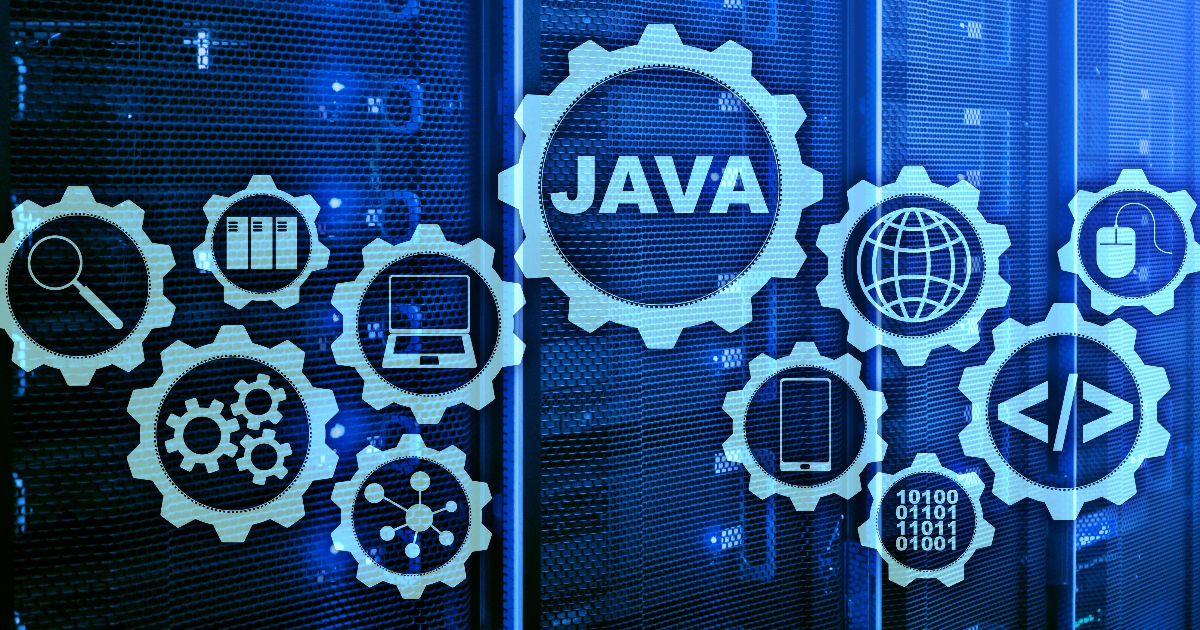The release of Apache Grails 7.0.0 delivers bug fixes and notable changes such as: the ability to disable Micronaut auto configuration through the Grails plugin; improved reproducibility with implementations of Grails Object Relational Mapper (GORM) services; and a temporary removal of the GORM for Neo4J. Grails 7.0 requires a minimal version of JDK 17 (with testing validated up to JDK 21) and compliance with Spring Boot 3.5 and Jakarta EE 10.
Due to some issues with Micronaut test code coverage, enhancements to the GrailsGradlePlugin and GrailsExtension classes provided the ability to use the Grails plugin to disable Micronaut auto configuration so that these issues can be locally debugged.
Reproducibility issues in Grails Spring Security with the second release candidate of Grails 7.0.0 caused a random ordering of closures generated for GORM services causing them to be mismatched. This was resolved with changes to the ServiceTransformation class.
GORM for Neo4J has been temporarily removed until it is compatible with Grails 7.0 or 8.0. This required deleting the implementation of the Neo4jGorm feature from Grails Forge, a starter application for building Grails applications, and its associated tests. The GormImpl enum has also been updated to remove the Neo4j option along with a cleanup of the MongoGormSpec class to eliminate any references to Neo4j.
Originally named Groovy on Rails, Grails was co-founded in 2005 by Graeme Rocher, Guillaume LaForge, Steven Devijver and Dierk König at the now-defunct G2One, an open-source Groovy/Grails company that provided training, consultancy, support and products around Groovy and Grails.
Grails, now known as Apache Grails, had made its way through a number of companies via acquisitions and spin-offs that included: G2One from 2005-2008; SpringSource/Pivotal from 2008-2015; Object Computing, Inc. (OCI) from 2015-2021; the Grails Foundation/Unity Foundation from 2021-2025; and now the Apache Software Foundation (ASF) as of June 2025.
OCI established the Grails Foundation in October 2021 as a not-for-profit company established to advance innovation and adoption of the Grails framework. The foundation oversaw “software roadmap and development, best practices and processes, repository control, documentation and support, and fundraising related to the open source framework.” The foundation received initial funding of $200,000 from OCI for development and evangelism.
In October 2025, the ASF announced that the Grails project, donated to the foundation in June 2025 from OCI, had graduated from an Incubating project to a Top-Level project. The process to ultimately donate Grails was initiated in May 2024 with this open letter by Gina Bremehr, CEO at OCI, describing a “marked decline in enterprise adoption and commercial investment” in Grails. The fourth milestone release of Grails 7.0.0, delivered in June 2025, was the first release under the auspices of the ASF.
Søren Berg Glasius, Apache Groovy Project Management Committee Member, describing the incubation to top-level process, told InfoQ:
Grails, with a history spanning nearly two decades, entered the Apache Incubator in 2024 after transitioning to a community-governed, vendor-neutral project. The ASF incubation period was characterized by structural changes necessary to align with Apache’s principles of meritocracy and sustainability.
Graduation to top-level status in October 2025 confirms that Grails now meets Apache’s standards for independent management, a healthy contributor base, and a regular release cadence, following The Apache Way.
James Fredley, Apache Grails Project Management Committee Chair and Founder and CEO of Triumph Interactive, describing the release of Grails 7.0, told InfoQ:
Apache Grails 7.0.0, our first stable release following graduation to an Apache Software Foundation Top-Level Project, culminates 18 months of collaborative work and introduces major dependency upgrades and features.
This release empowers developers with streamlined full-stack workflows and enhanced security and compliance, and preserves Grails’ foundational DRY and convention-over-configuration principles, all driven by thousands of community commits.
More details on this release may be found in the release notes.

